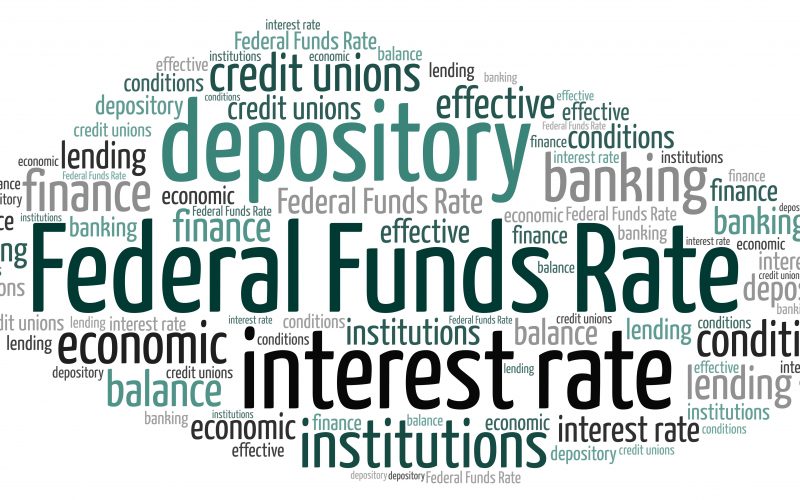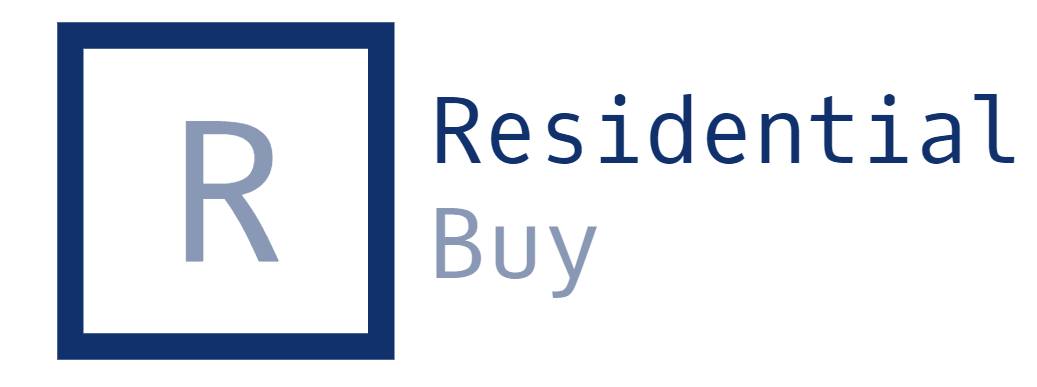Concrete is the most popular material for renovation projects, including patios and driveways. Concrete is often the ideal balance of durability and cost-effectiveness when compared to other choices. Modern solutions come in a variety of styles and colors to fit almost any design. Is there, however, equality among concrete products?
What Causes Mortgage Rates to Change?

The mortgage market is generally not considered by most individuals until they are working to buy or refinance a house. A home loan from a bank, mortgage lender, or other financial institution is referred to as a mortgage. If you’re unfamiliar with the mortgage market, it may appear that rates are determined on some sort of dark arts not meant for lesser beings
Rates on mortgages are influenced by market factors such as the state of the economy and personal circumstances such as your credit score, how you use your house, and whether or not you have a large loan relative to the property’s value. To put it another way, if you’re looking to refinance your mortgage to take advantage of a better rate, you’ve come to the right place. That’s the long and short of it; we’ll get into further specifics in the rest of this post so that you can be completely sure of your expertise with mortgage rates and what you may do
Factors that Influence Mortgage Rates
Mortgage rates are influenced by a variety of market factors before any personal variables are considered. The bond market’s effects, in conjunction with the Federal Reserve’s actions, are among these factors.
Home is so personal to us that we don’t think of it this way, but in the end, mortgages are simply a big financial instrument. Mortgages, like many other financial instruments, may be traded among investors. The mortgage bond is a type of bond that allows you to trade home loans. Mortgage bonds are securities issued by a government agency or financial institution, such as Fannie Mae or Freddie Mac, that pool together home loans with similar characteristics, such as down payment amount, credit score and the original investor in the loan (i.e., Fannie Mae or Freddie Mac or a government investor like the FHA or VA).
You are bucketed into an MBS based on your personal qualities. Bond investors make decisions about which bonds to buy depending on their risk tolerance and targeted rate of return. If you compare your credit score to a similar company’s average, you’ll notice it varies. If an organization is willing to lend money at such high rates of interest because they see potential in someone with a risky profile, this will put them out of business long before their loan tenure expires.
However, this is just the start. There are a number of additional elements to consider. One thing to remember is that the bond market is considered a safer place to invest your money than the stock market in general. Although stocks may provide a higher return, they are subject to greater volatility and might suffer more in a downturn. Bonds provide an assured return. Mortgage rates typically fall when individuals are purchasing mortgage bonds. This is due to the fact that in order to attract an investor, the underlying mortgage bond’s rate does not need to be as high. Mortgage rates, on the other hand, increase as a temptation for investors to purchase the bond if money begins flowing out of MBS into stocks or anything else
What is the Federal Reserve, and why does it affect mortgage rates?
The Federal Reserve’s main task is to keep inflation at a constant rate. The federal funds rate, which is the primary tool for achieving this objective, is a type of overnight borrowing rate that the Federal Reserve uses.
The Federal Reserve uses open market operations to control the money supply. It is possible for banks to borrow from each other by setting a maximum amount that they will lend, which enables the Fed to effectively control the money supply. When short-term interest rates are low, it is easier to borrow money, which has the consequence of increasing market money volume. In response to COVID-19, the Federal Reserve has maintained short-term interest rates at or near zero most recently. This has the effect of keeping mortgage interest rates lower.
When the federal funds rate is low, it typically causes inflation to rise over time. That has not been the case, however. Inflation has failed to meet the Fed’s 2% annual target for several years now, but it spiked at 6.2 percent in October 2021 at the end of the year. The Federal Reserve’s objective is for inflation rates to rise every year, which it considers a good thing. The Fed wants prices to go up by a little bit each year since it stimulates the economy by encouraging individuals to buy now rather than wait, especially if they believe that prices will rise in the future.
How Does the State of the National Economy Influence Mortgage Rates?
The Federal Reserve and the broader markets are responding to the ups and downs of the economy as a whole. Here are a few instances. When individuals believe we’re in good times, they move their money into equities for the chance at a greater return. Mortgage rates rise as a consequence. When investors anticipate an economic crisis, cash flows back into bonds.
Another issue is that the overall cost of living may be increasing faster than your salary. This might lead to a decline in purchasing power over time as consumers’ incomes are eroded by inflation. When inflation rises, people become more inclined to invest in equities because they believe their profits will grow at a higher rate.
Inflation causes the interest paid by a bond to decrease. If a bond pays you back 5% but money supply growth is 3% each year, you’re receiving only a true 2% return. It should be noted that if you have a fixed-rate mortgage, your payment will not change due to inflation.
What is amortization, and how does it work?
Amortization is the process of spreading out a loan into periodic fixed payments. In the early years, most of your payment goes towards interest. In the later years, a greater portion of your payment goes towards principal.
This has the effect of lowering your mortgage payments in the early years, when you may be trying to establish yourself financially. It also has the effect of ensuring that your mortgage is paid off by the end of the term, as opposed to just making the minimum payments and having a large balance remaining.
What is refinancing, and how does it work?
Refinancing is taking out a new loan with a different interest rate and term in order to pay off your current loan. This can be done for a number of reasons, including obtaining a lower interest rate, getting cash out of your home equity, or changing the terms of your loan.
When you refinance, you will need to go through the mortgage application process again. This will include a credit check, proof of income, and other documentation. If you are approved, the new loan will be used to pay off your old loan, and you will make payments on the new loan going forward.
What are mortgage points?
Mortgage points are an upfront fee that you can pay in order to get a lower interest rate on your loan. Each point is equal to 1% of your loan amount. So, if you’re taking out a $200,000 loan and you pay 2 points, that would cost you $4,000.
Paying points can help to lower your monthly payments, but it will increase the overall cost of your loan. You should consider whether paying points makes sense for your situation.
What is a mortgage rate lock?
A mortgage rate lock is an agreement between you and a lender that guarantees a certain interest rate on your loan for a specified period of time. This can be helpful if you’re worried that rates might rise before you close on your loan.
Rate locks typically last 30-60 days, but they can vary depending on the lender. There may be a fee to lock in your rate, or the fee may be built into your interest rate.
You should speak with your lender to see if a rate lock makes sense for you.
How do I choose the right mortgage lender?
There are many factors to consider when choosing a mortgage lender. You’ll want to compare rates, fees, and the overall cost of the loan. You’ll also want to consider the type of loan that you’re looking for.
Some things to keep in mind include:
– whether you’re looking for a fixed-rate or adjustable-rate loan
– the length of the loan term
– whether you’re comfortable with a variable interest rate
You should also consider the reputation of the lender and their customer service. It’s important to find a lender that you feel comfortable working with.
You can compare mortgage lenders by shopping around and getting quotes from multiple lenders. It’s also a good idea to read online reviews and check with the Better Business Bureau to see if there are any complaints against the lender.
What are some common mistakes people make when getting a mortgage?
One of the most common mistakes people make when getting a mortgage is not shopping around. It’s important to compare rates and terms from multiple lenders in order to get the best deal.
Another common mistake is not considering the overall cost of the loan. This includes not only the interest rate, but also fees, points, and other costs that may be associated with the loan. Be sure to compare these factors before making a decision.
Another mistake people sometimes make is assuming that they need a 20% down payment. While this is often recommended, there are many programs available that allow for smaller down payments, or even no down payment at all. Be sure to research all of your options before making a decision.



